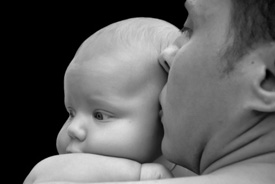Whatever you decide to call your child, there are certain formalities that have to be observed to ensure that s/he is registered.
Why do we register babies?
- The registration of the birth provides your child with their birth certificate which they’ll need throughout their life – for example, to gain a passport or for you to obtain child benefit for them.
- Birth registration gives all children the right to know who their mother is and, hopefully, their father too. According to the UN’s Convention on the Rights of the Child, children should have the right – as far as possible – to know both their parents.
- Registering your baby also helps the authorities maintain up to date records about the local population
- Once you have registered your baby, you will receive (free!) a short birth certificate and a registration card to enable you to register your child with your local doctor’s surgery. You cannot register a child with the health practice without first registering the birth.
- For unmarried fathers, signing the birth certificate gives you the same legal status in relation to our child as that of a married father: this is called “Parental Responsibility”.
When and where should the birth be registered?
- You must register the birth of your baby within 42 days of the birth in England and Wales, and 21 days in Scotland.
- Your baby must be registered in the district where s/he was born. If you are unable to register the birth in the same district, you can go to another registrar but they must then send the details to the right office. A baby born in England and Wales must be registered there. The same applies for Scotland.
- Registration can often take place in the hospital before the mother and baby go home; otherwise, you’ll have to visit your local register office.
Registering The Birth Continued…
What Surname Will The Baby Have
Parental Responsibility: you and the law






